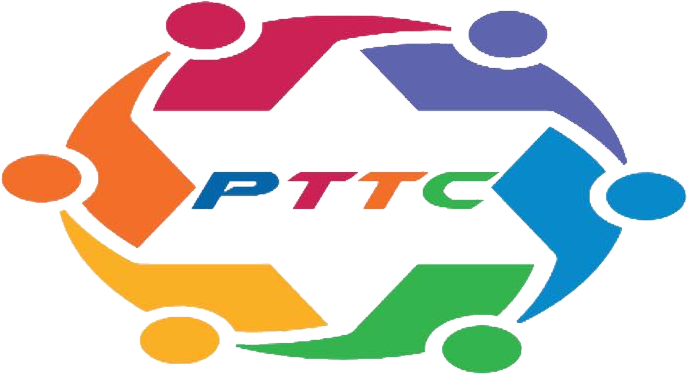
Duly established and legally registered with the Ministry of Commerce under Company Registration Number 1000232398 and other government ministry and institution, such as the Ministry of Labor and Vocational Training and the General Department of Taxation.
Business Premises: House Number 40B, Street 662, Sangkat Boeng Salang, Khan Tuol Kork, Phnom Penh Capital, Cambodia (Postcode 120410)
Business Hours:
Our regular working hours are Monday to Friday, from 8:00 a.m. to 5:00 p.m. Nevertheless, we are still available on standby to accommodate any requests over the weekend.
Phone contact number: (+855)12 97 44 11 / 17 95 85 85 / 86 888 123 / 076 8888 123
Telegram/WhatsApp: Same numbers as above
Email Address: perfect_translation@yahoo.com
Website: www.perfecttranslationservices.com
Facebook Page: ក្រុមហ៊ុនបកប្រែគ្រប់ភាសា និងវិស័យ PTTC
